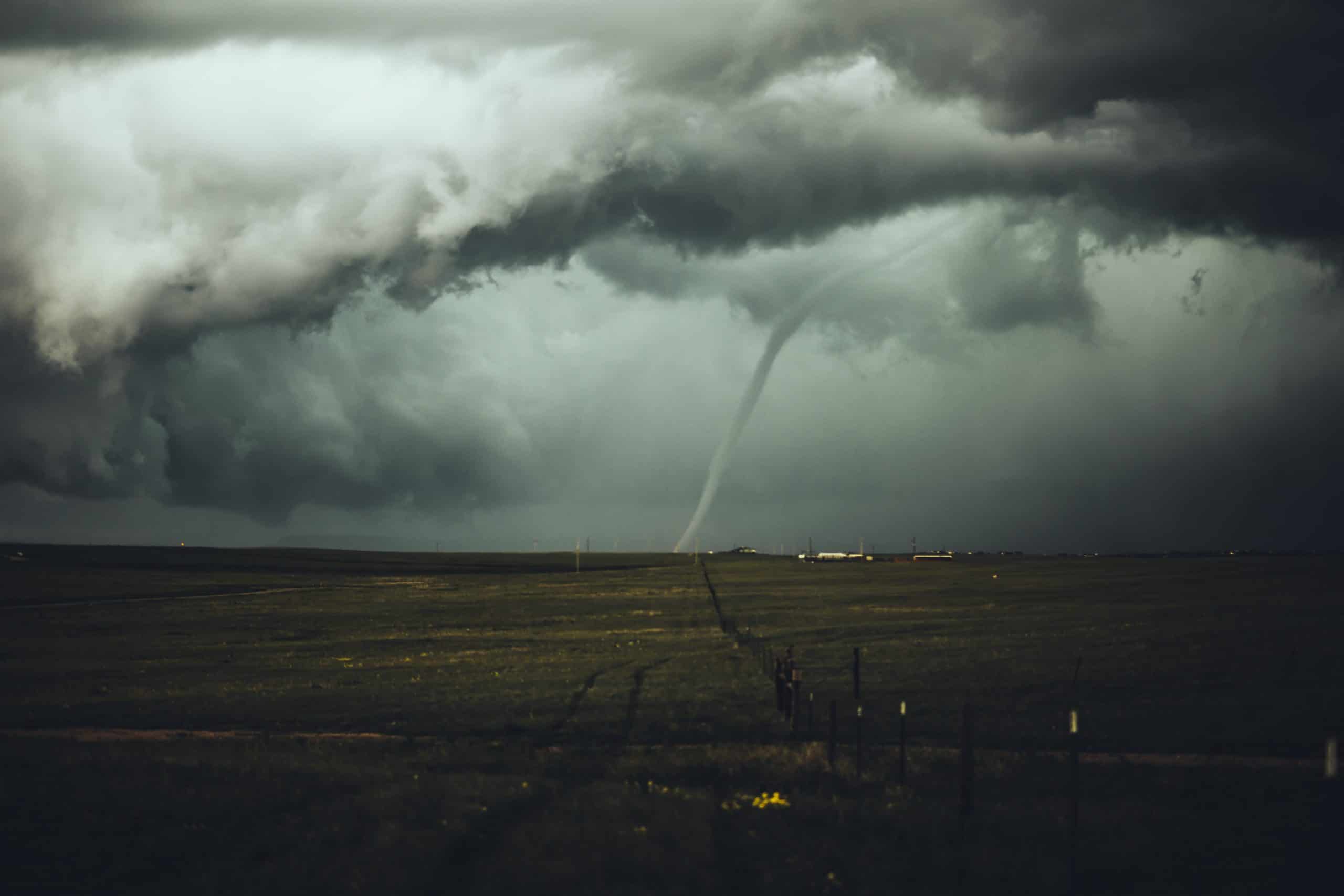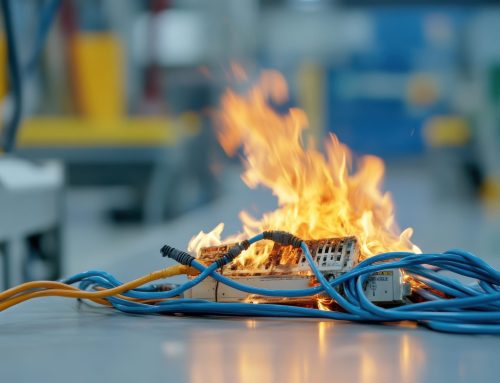Georgia is well known for wild weather with the arrival of spring. It’s important to prepare for the ups and downs of the season’s weather as best you can. From floods to tornados, damaging winds to dangerous lightning, spring brings a host of weather-related ills for which to consider and plan for. Spring weather safety starts with education and preparation.
Power outages
Outages are more than an inconvenience. They can actually be quite dangerous. People may try to light or warm their homes using unsafe methods.
As FEMA notes, “working smoke alarms are especially important during a loss of power when people may use alternate forms of heating equipment, portable generators, and candles.” All of these methods of heat can start home fires.
To prepare for possible outages, check all smoke alarms. As a general rule,
- Put a smoke alarm on every level of your home
- Test your smoke alarms once a month
- Replace your alarms after 10 years
- Install interconnected smoke alarms in your home if possible
Other spring weather safety tips are to prepare for outages by stocking up on flashlights rather than candles. If you use a portable generator during outages, make sure you understand how to safely use them. Be aware; portable generators can lead to carbon monoxide poisoning.
Flooding
Flooding is typically categorized by flash floods and river flooding. A flash flood means conditions are favorable for flooding to occur in certain areas. A river flood warning means that flooding is imminent, and action should be taken.
The American Red Cross addresses the dangers of flooding and offers a series of flood safety checklists to help individuals know what to do in a flood, what supplies to have on hand, and even what to do after a flood. For example, a few items recommended to have on hand in the event of a flood include:
- Water- at least 3-day supply
- Food- at least 3-day supply
- Flashlights
- Battery-powered or hand-crank radio
- Batteries
- First aid kit
- Necessary medications
- Map of the area
Preparing for the unexpected is a challenge. Consider all of the devices you use for navigating, communicating, etc. When putting together a flood plan, make sure you’ve addressed how you are going to get along without these devices.
Lightning storms
The Georgia Emergency Management Agency (GEMA) notes lightning is the leading weather-related killer in Georgia, second only to tornadoes. Lightning kills one to two people and injures 12 people each year, on average.
The most significant damage caused by lightning is fire. Lightning strikes to trees, structures, etc. can cause devastating fires. Most people know to avoid going outdoors when lightning is imminent but preventing fires caused by lightning is not so easily avoided.
When lightning hits your house, it can cause dangerous power surges. For this reason, NFPA recommends you turn off computers, stay off corded phones, and other things that put you in direct contact with electricity or plumbing. This includes bathing, showering, washing hands, or doing laundry. If your house is struck by lightning, it’s likely to lead to an attic fire. Call 911 and evacuate immediately to a safe indoor space like a neighbor’s house.
Tornados
We’re at an increased risk of tornadoes living in the Southeast, so preparation is key.
FEMA suggests knowing ahead of time your area’s tornado risk and understanding the signs of a tornado. For example, an approaching cloud of debris or loud roar that sounds like a freight train is an immediate sign that a tornado is nearby. It’s also advised to sign up for your area’s warning system. The Emergency Alert System (EAS) and National Oceanic and Atmospheric Administration (NOAA) Weather Radio provide nation-wide emergency alerts. Finally, stay weather aware when the chance of tornados arises and plan accordingly.
And no spring weather safety plan is complete without planning for the aftermath of a tornado should it impact your area.
If you find yourself in the aftermath of a tornado, stay clear of all fallen power lines and debris. Listen to local authorities for updated information and call 911 when necessary. FEMA suggests if you are trapped to cover your mouth with a cloth/mask to avoid breathing dust. Try to send a text, bang on a wall, or use a whistle rather than shouting for help, if possible.
Local business preparation
If you’re an Atlanta-area business owner or facility manager, take action before the spring weather hits. Fire Systems, Inc. can help you prepare.
For example, we can install protective devices to protect your buildings fire alarm system. Lightning can render a fire alarm system inoperable in a matter of seconds. A damaged fire alarm system can’t protect your building. Surge protective devices are the most effective way to safeguard your buildings fire alarm system, and we can help.
Contact Fire Systems, Inc. today at 770-333-7979 or visit our website for more information on all of the services we offer.






